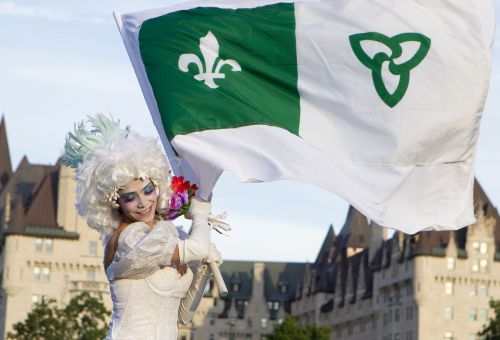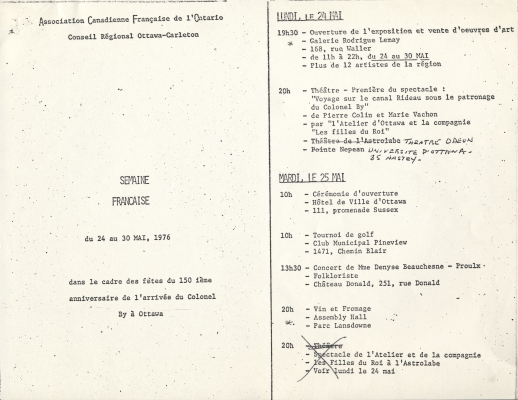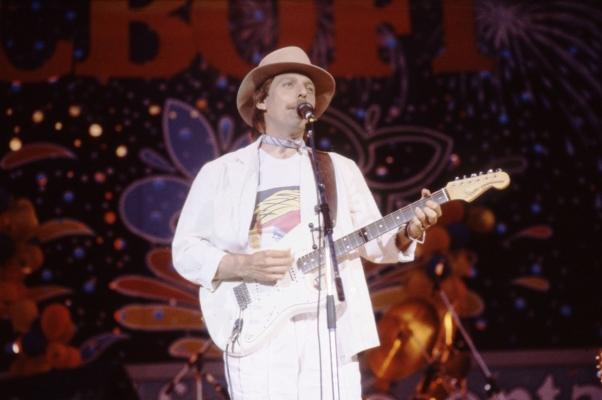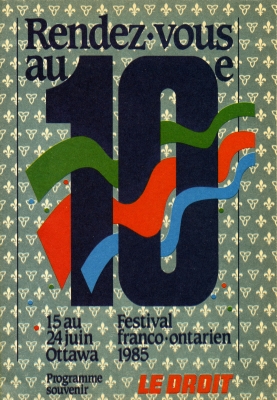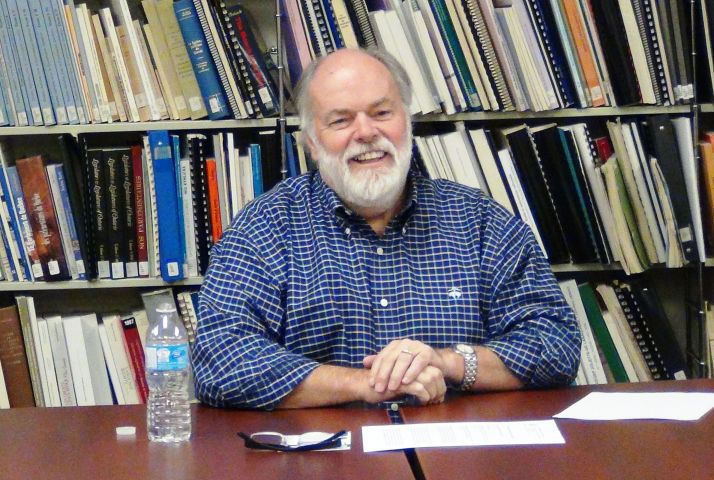Over the years, the Festival franco-ontarien has become not only a must-see event in the Ottawa region, but also a gateway for artists, groups and singers from French Ontario who dream of a career in the performing arts. Each spring, spectators in the tens of thousands crowd into Major’s Hill Park in Ottawa to listen to their favourite singers and discover new performing arts talents on stage there.
The first “Semaine française”, held in Ottawa from May 24 to 30, 1976, is modest. With a meagre budget, the Association canadienne-française de l’Ontario (ACFO) regional council succeeds in organizing some activities to mark the 150th anniversary of Bytown. Highlights include a picnic, an evening at the Astrolabe with Sudbury singer-songwriter Robert Paquette, and a recital by the Chansonniers of Blackburn Hamlet. The objective is to organize a community celebration that reflects the pride of Francophones living in the capital region.
The event is repeated the following year, billed as the “Festival franco-ontarien”. The budget triples, activities are more varied, and the festival stretches over two weeks. The intention is clear: to proclaim loud and clear Franco-Ontarians’ determination to flourish and assert themselves. The Festival quickly gains in popularity over the years. The fourth edition, held at Confederation Park, attracts some 70,000 people to 54 shows. Saint-Jean festivities are celebrated there on the evening of June 23. A day program is introduced in 1981, with activities for youth.
1982 is a pivotal year for the Festival. It marks an opening toward the rest of French Canada, as well as autonomy when the Festival ceases collaboration with the ACFO. Attendance records are surpassed in 1983, when 150,000 people take part in the festivities. The Allée des artisans, Trinquette and Sentier de la bonne fourchette are once again part of the program. Beginning in 1986, the Festival hosts the final of the Ontario Pop competition, sponsored by Radio-Canada.
The reputation of the Festival franco-ontarien is well established, even acquiring an international dimension. The Super Franco-Fête, held during the 2001 edition when Ottawa hosts the fourth Jeux de la Francophonie, is engraved in memory. “It was really something! Every day for 15 days, we had festivities. There were no less than 100,000 people at the site, and artists from all over the world were there. It was breathtaking,”1 says Daniel Simoncic, who has collaborated in many editions of the Festival, before taking on management of the event.
The organization subsequently experiences some difficult years, which compel a makeover. The Franco, as it is now called, has to fit into various calendars and take place at less prestigious sites. In 2012, it re-establishes itself at Major’s Hill Park, a stone’s throw from Parliament, where it experienced its best years. The school matinee attracts thousands of students from across the region. A new tradition is established in 2013 with the Pique-nique franco-africain, which becomes Le grand pique-nique de la Francophonie in 2015.
1 Philippe Orfali, “Un événement qui grandit toujours,” Le Droit, June 15, 2009 (translated from the original).
42nd edition of the Festival franco-ontarien at Major's Hill Park (Ottawa) from June 15 to 17, 2017. Photo: Sylvain Marier.
Festival franco-ontarien, Franco047.
